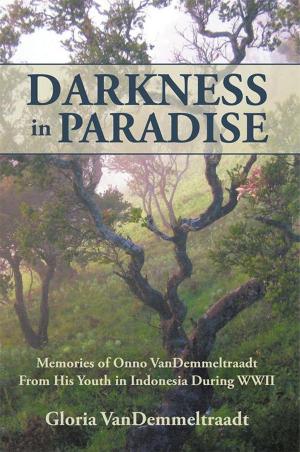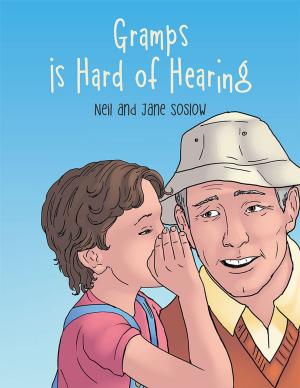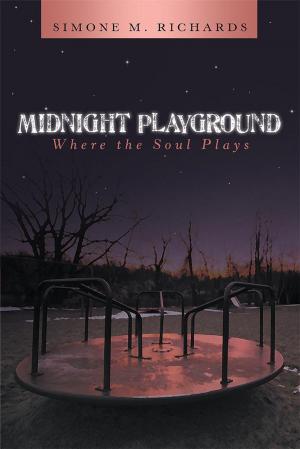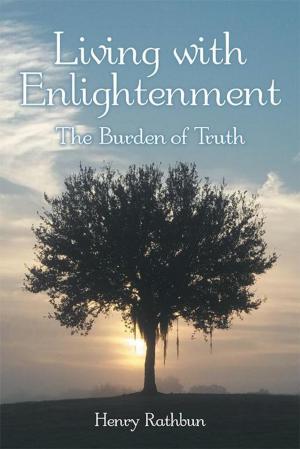Gone to Rock and Ruin
Alibates Flint Quarries National Monument
Nonfiction, History, Americas, Native American, Travel| Author: | Beryl Cain Hughes | ISBN: | 9781480862869 |
| Publisher: | Archway Publishing | Publication: | June 8, 2018 |
| Imprint: | Archway Publishing | Language: | English |
| Author: | Beryl Cain Hughes |
| ISBN: | 9781480862869 |
| Publisher: | Archway Publishing |
| Publication: | June 8, 2018 |
| Imprint: | Archway Publishing |
| Language: | English |
Alibates Flint Quarries National Monument thirty-five miles northeast of Amarillo, Texas, celebrated its fiftieth anniversary as a federal entity in 2015, but until now, there has not been a single comprehensive book written about the site.
Beryl Cain Hughes, who has long been fascinated by the site, celebrates the history and natural beauty of what had been the one and only national monument in Texas for several decades in this collection of essays.
She answers questions such as the following:
Who were the people who lived near the quarries?
Why was the flint more valuable than gold?
What did these people eat, wear, and do?
What were their most significant accomplishments?
The author also celebrates the accomplishments of Floyd V. Studer, who was the first person to recognize the importance of a hill pockmarked with the pits that people dug in their search for good flint. He would spend his life dedicated to the site and its preservation.
Explore the history of some of the earliest people to venture into the Western hemisphere who dug flint, set up trade exchanges, established villages, and fought to survive with Gone to Rock and Ruin.
Alibates Flint Quarries National Monument thirty-five miles northeast of Amarillo, Texas, celebrated its fiftieth anniversary as a federal entity in 2015, but until now, there has not been a single comprehensive book written about the site.
Beryl Cain Hughes, who has long been fascinated by the site, celebrates the history and natural beauty of what had been the one and only national monument in Texas for several decades in this collection of essays.
She answers questions such as the following:
Who were the people who lived near the quarries?
Why was the flint more valuable than gold?
What did these people eat, wear, and do?
What were their most significant accomplishments?
The author also celebrates the accomplishments of Floyd V. Studer, who was the first person to recognize the importance of a hill pockmarked with the pits that people dug in their search for good flint. He would spend his life dedicated to the site and its preservation.
Explore the history of some of the earliest people to venture into the Western hemisphere who dug flint, set up trade exchanges, established villages, and fought to survive with Gone to Rock and Ruin.















